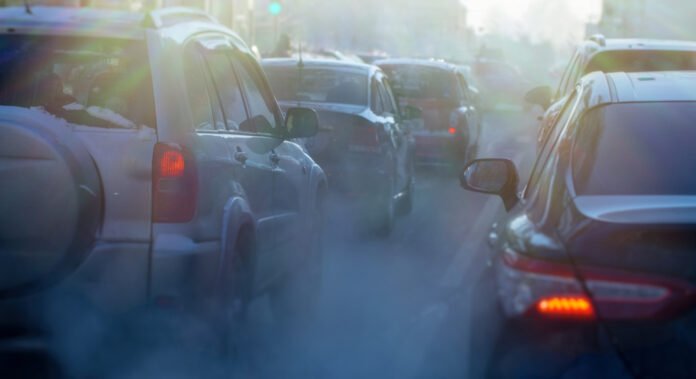Maharashtra Panel to Study Phasing Out Petrol and Diesel Vehicles in Mumbai
The Maharashtra government has formed a seven-member committee to assess the possibility of banning petrol and diesel vehicles in the Mumbai Metropolitan Region (MMR). This initiative, sparked by concerns over the city’s deteriorating air quality, aims to explore alternatives like CNG and electric vehicles.
The committee, headed by retired IAS officer Sudhir Kumar Shrivastava, has been tasked with studying the implications of such a ban and submitting its recommendations within three months. The panel is expected to focus on the feasibility of shifting towards CNG and electric vehicles as viable alternatives to traditional fuel-based cars. Other members of the committee include senior officials from the Maharashtra Transport Department, Mumbai Police’s traffic division, Mahanagar Gas Limited, Maharashtra State Power Distribution Company, and the Society of Indian Automobile Manufacturers (SIAM). The move comes after the Bombay High Court expressed grave concerns regarding the rising pollution and traffic woes in Mumbai. In a suo-motu Public Interest Litigation on January 9, the court highlighted how vehicular emissions were a significant source of air pollution in the city. The court also pointed out that the existing measures to control vehicle numbers and reduce pollution were proving insufficient.
In response to the court’s observations, the Maharashtra government has prioritised the establishment of a committee to explore the feasibility of phasing out petrol and diesel vehicles in Mumbai, and encouraging a transition to more eco-friendly alternatives like CNG and electric vehicles. The committee will not only examine the environmental impact but will also look into the social and economic implications of such a transition. It is empowered to consult experts in the field and collect relevant feedback to ensure a comprehensive report. Mumbai, with its growing population and increasing number of vehicles, faces major challenges related to air quality. According to recent data, nearly 48 lakh vehicles are currently registered in the city, and every year over two lakh new vehicles join the road. These vehicles contribute significantly to the city’s air pollution, making it one of the most polluted urban areas in India.
The Maharashtra Transport Commissioner, Vivek Bhimanwar, has stated that the number of vehicles in the state could reach 6 crore by 2030 and 15 crore by 2035, leading to even greater environmental and traffic concerns. If the ban on petrol and diesel vehicles is implemented, the state will have to focus heavily on promoting the use of electric and CNG vehicles. This includes building the necessary infrastructure, such as charging stations for electric vehicles and refuelling points for CNG, to ensure smooth implementation. The move towards phasing out petrol and diesel vehicles is part of Maharashtra’s broader strategy to improve air quality and reduce vehicular emissions. While there are numerous challenges ahead, including resistance from certain sectors and the need for extensive infrastructure development, the government’s commitment to tackling pollution is evident. The upcoming report from the expert committee will likely serve as a key document for future policies aimed at making Mumbai a cleaner, greener city. If implemented, this plan could serve as a model for other metropolitan regions grappling with similar pollution issues. The outcome of the committee’s study will be crucial in determining how India can balance urbanisation and environmental sustainability in the coming years.



